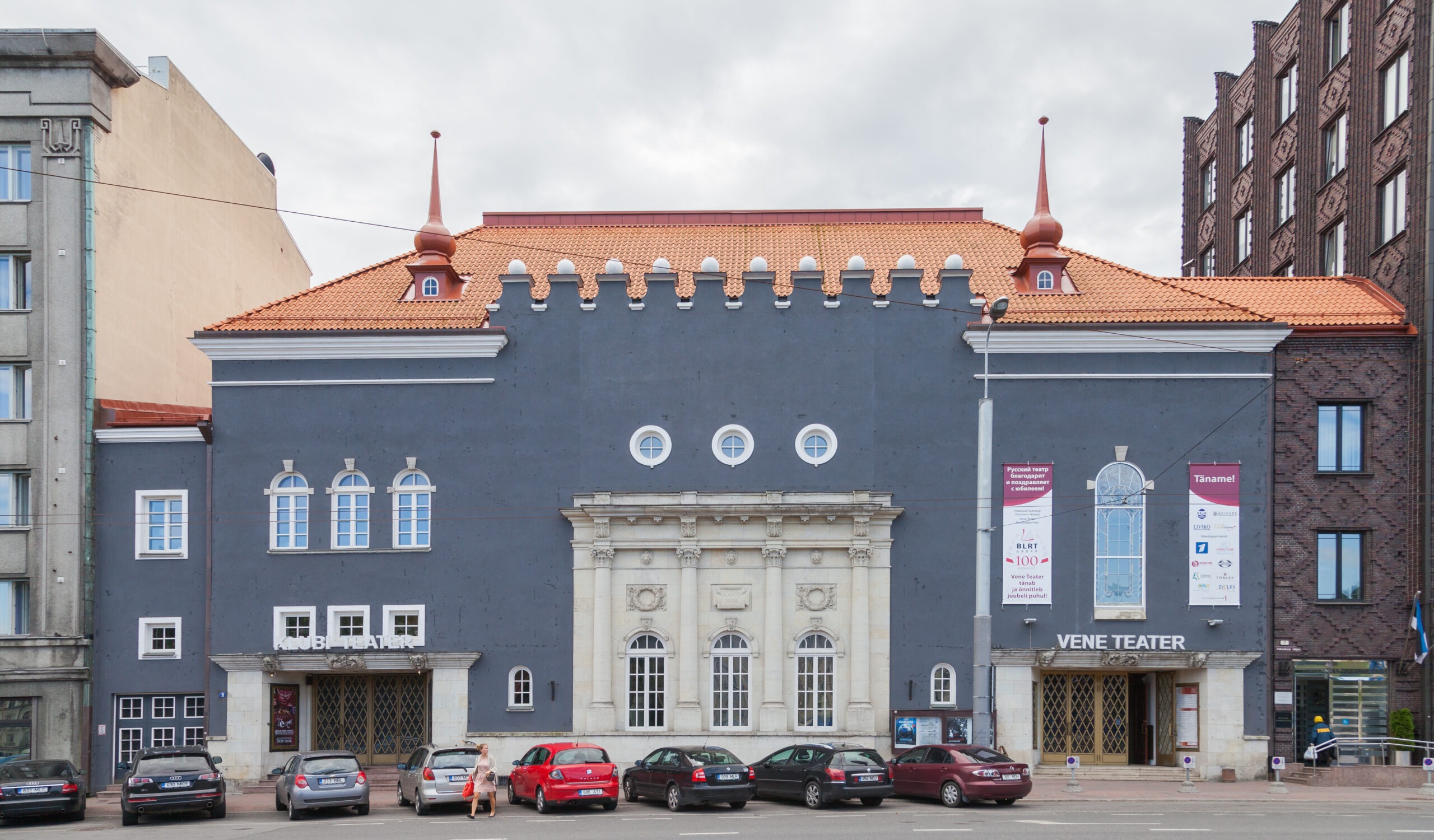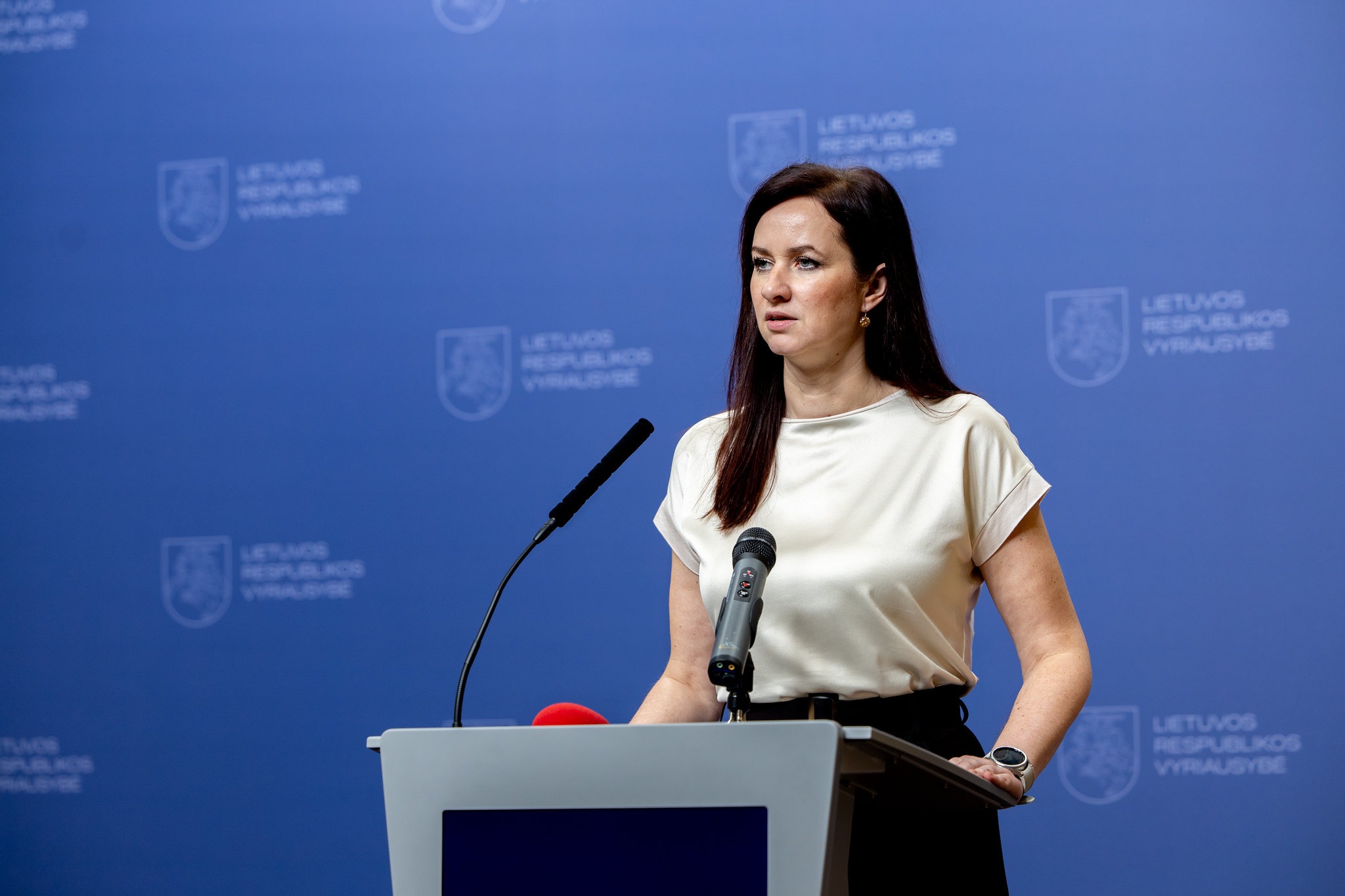
Main narratives:
- Anti-NATO sentiments;
- Russophobia in Estonia.
Overview:
Pro-Kremlin media outlets and online commentators have sought to downplay Poland’s claims that Russian drones violated its airspace, pushing the line that Warsaw has offered no evidence and circulating a falsified flight map to muddy the waters. Some dismissed the incident as mere “information noise,” contrasting Poland’s sharp response with its muted reaction to earlier drone incursions in Estonia. While Estonia has formally condemned the violations and expressed solidarity with Poland, such disinformation narratives are likely to resonate among Russian-speaking audiences in Estonia, echoing wider Kremlin attempts to frame the incident as exaggerated, fabricated, or politically driven.
Another topic widely discussed on social media last week was the dismissal of eight actors and 17 administrative staff members from the Südalinna Theatre in Tallinn (formerly the Russian Theatre of Estonia). The theatre’s management presented this as a necessary consequence of reduced state funding. At the same time, Facebook users interpreted it as political pressure on the theatre and an example of a broader policy of “cancelling” Russian culture in Estonia, linking it to the recent renaming of both the theatre itself and another cultural institution in the capital – the Russian Cultural Centre, which was given a new name based on the street where it is located, Mere.
The dismissals were discussed on social media not only by pro-Kremlin activists – Tallinn Mayor Jevgeni Ossinovski also posted on the matter, criticizing the dismissal of prominent actors and suggesting that private Russian-language theatres in the capital should receive state funding. Nevertheless, the fact that the mayor of Tallinn openly criticized the Südalinna Theatre management was also picked up by Russian state media, which presented Ossinovski’s remarks as a fight against the “Russophobic policies of the Estonian government.”









